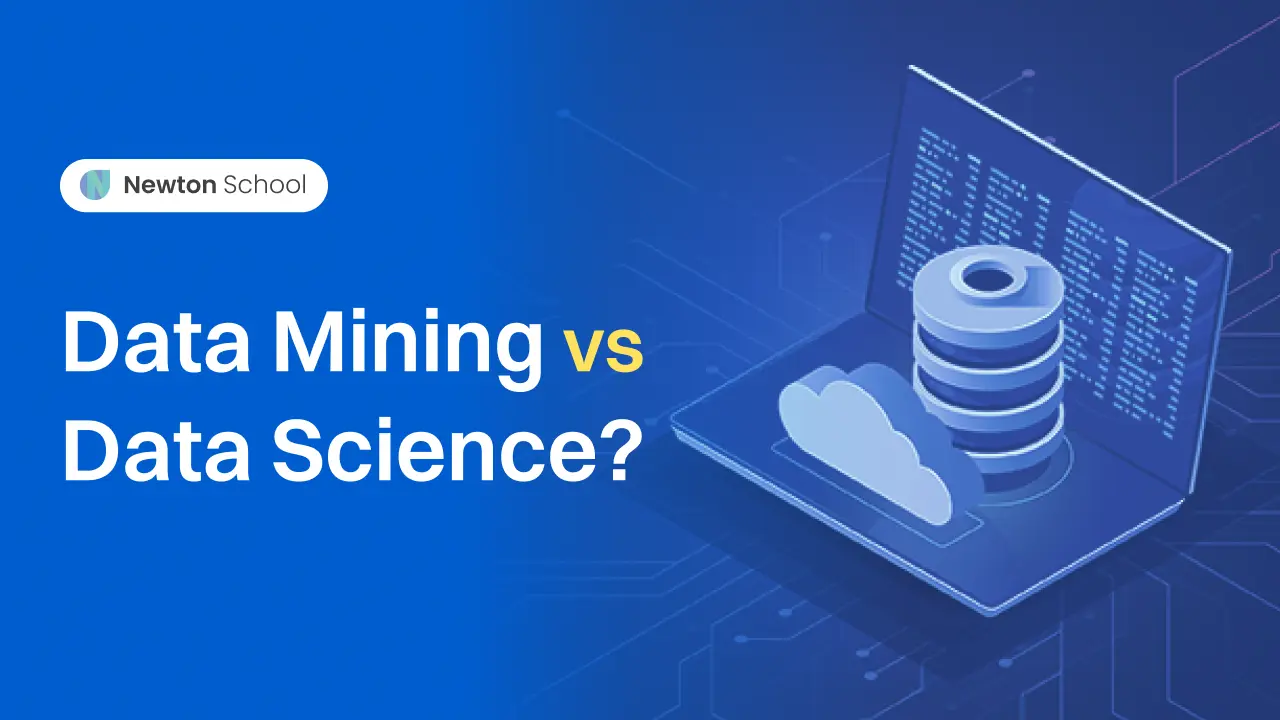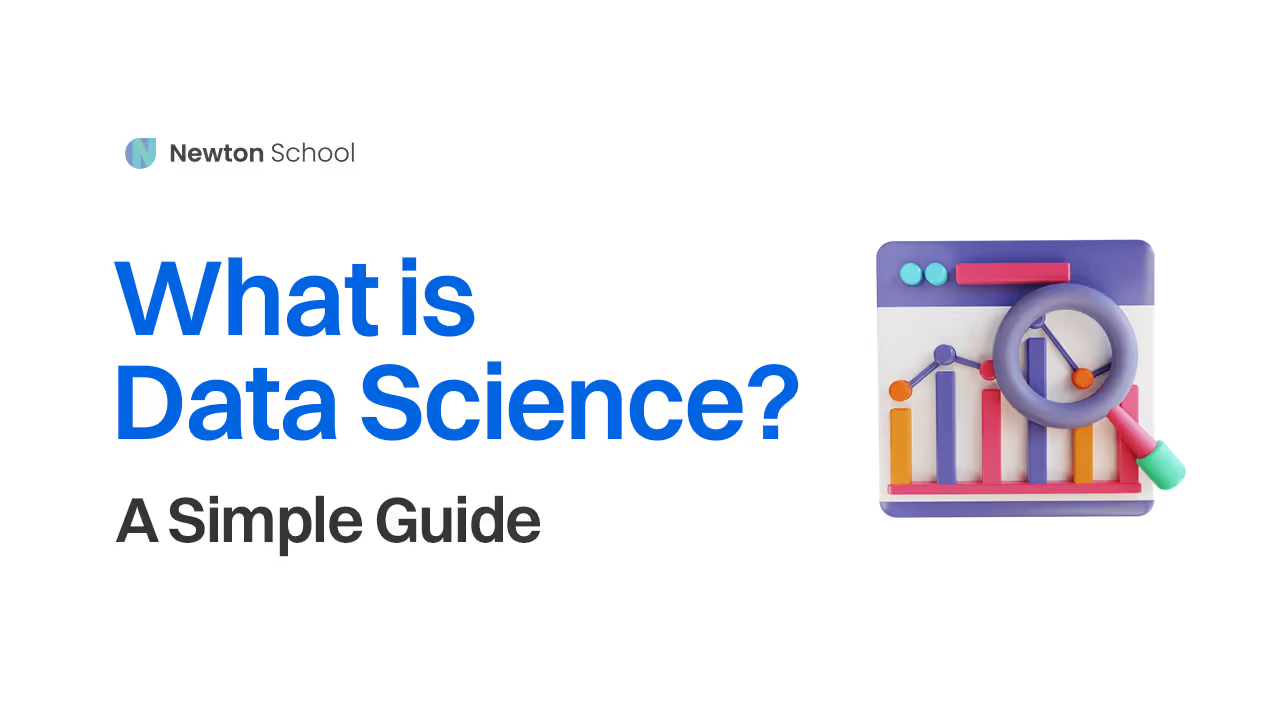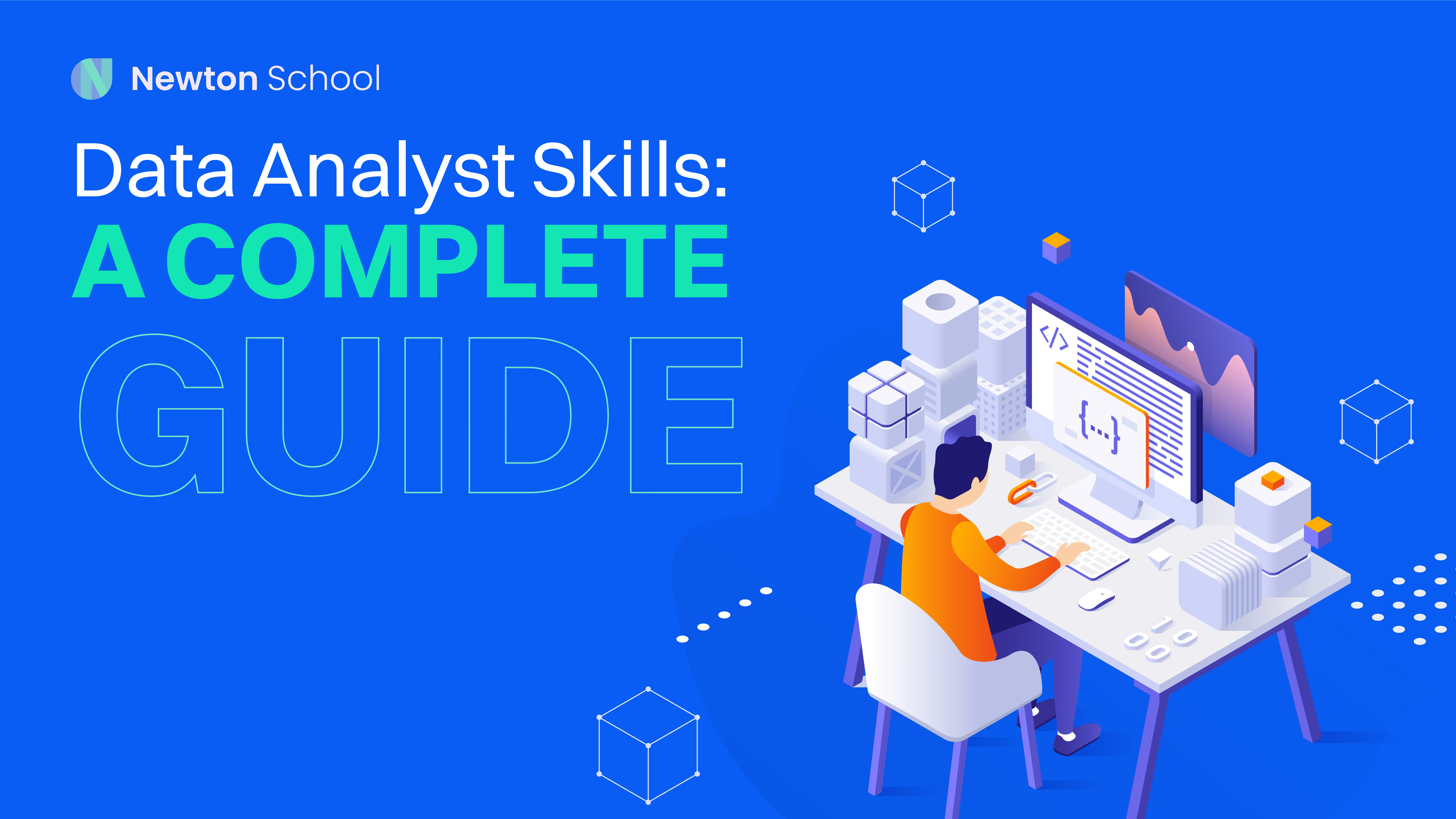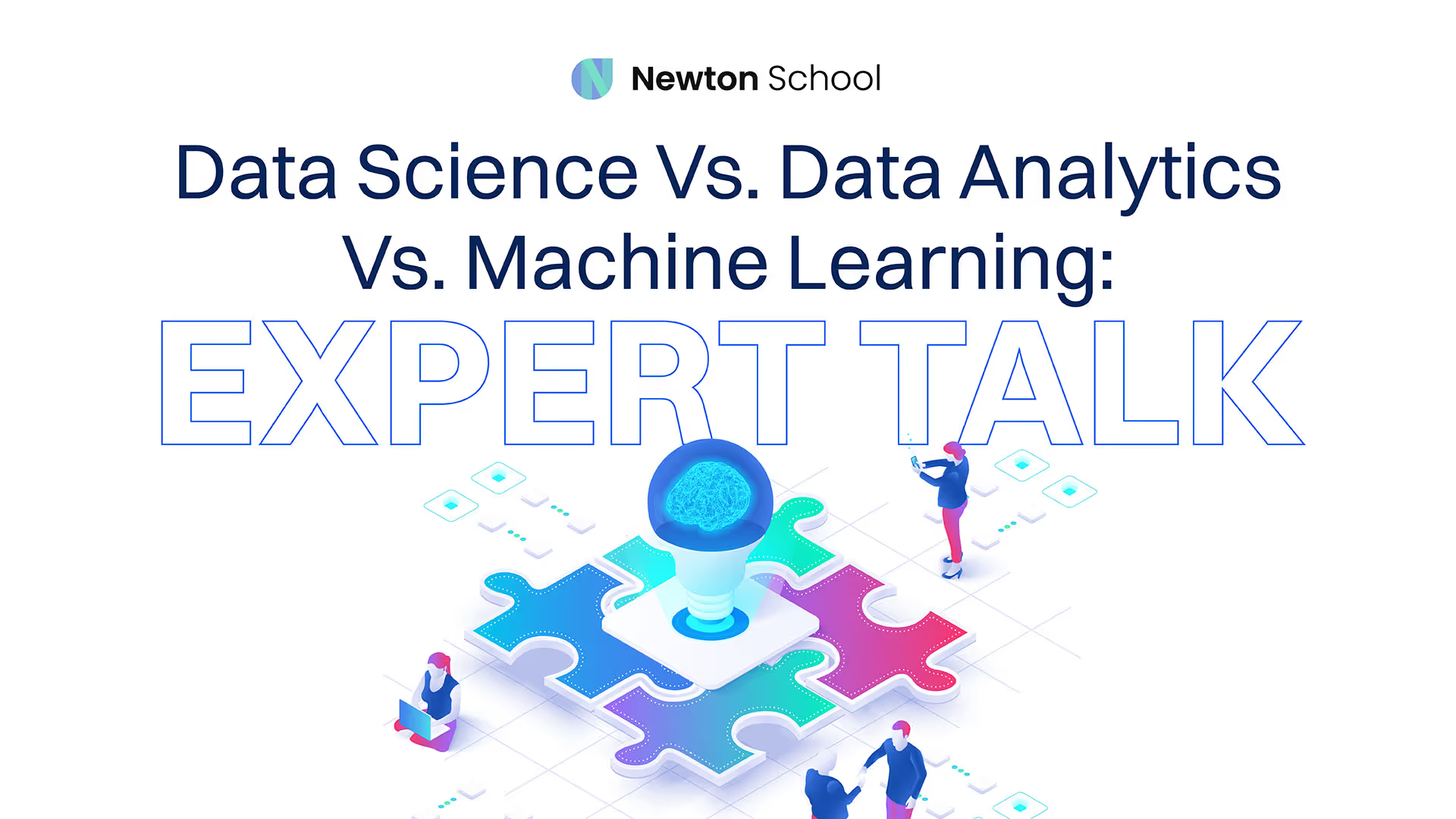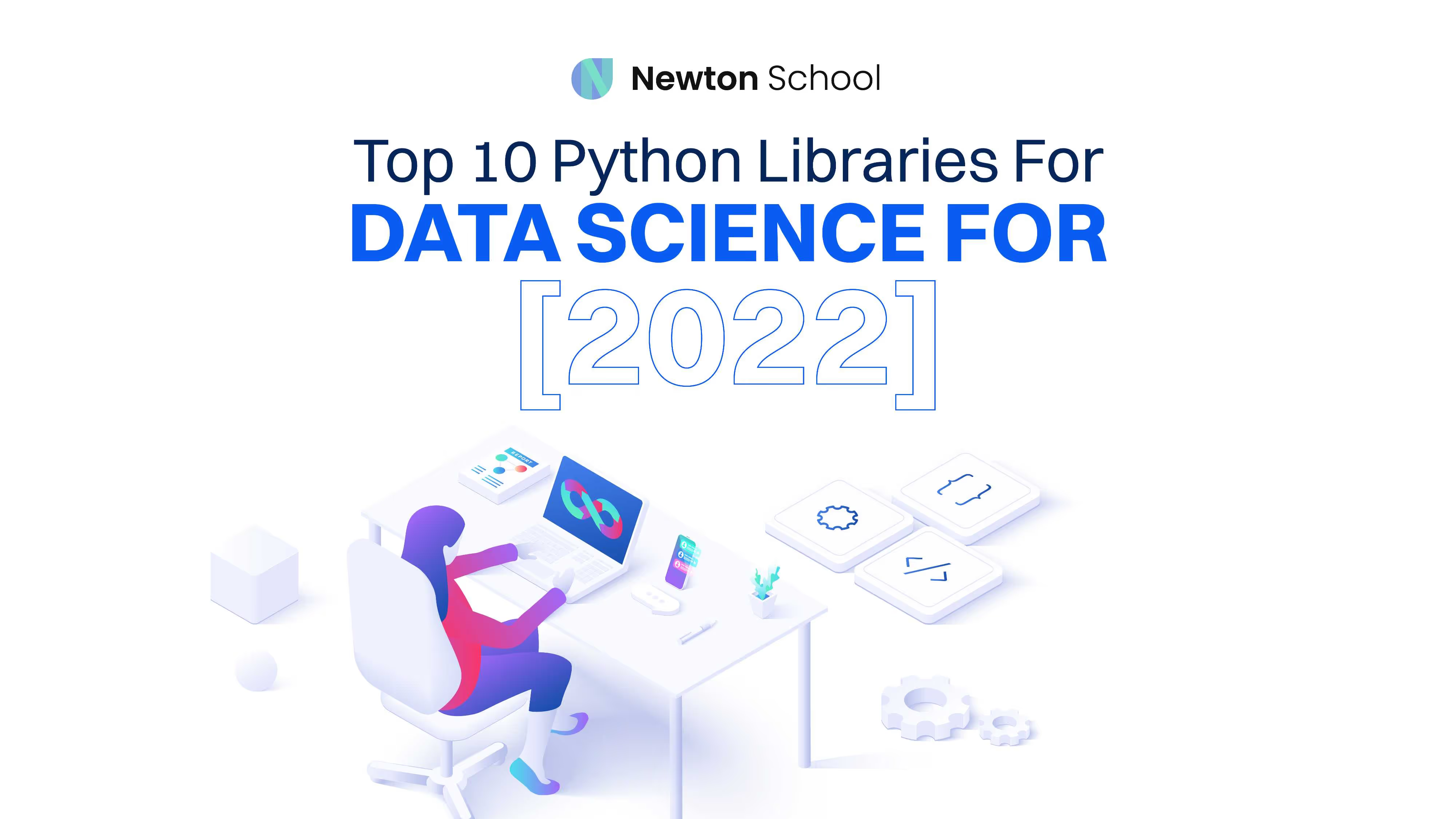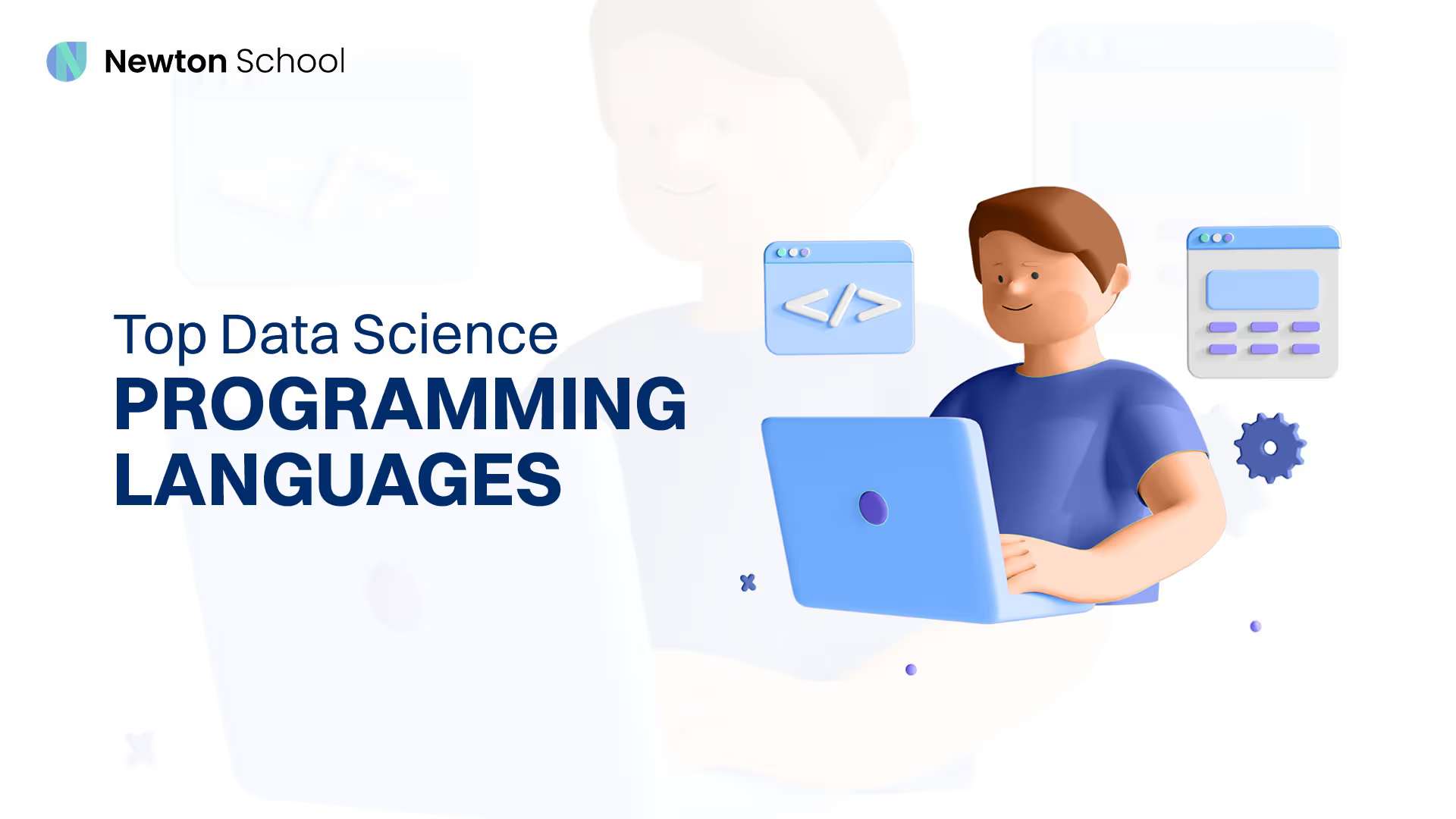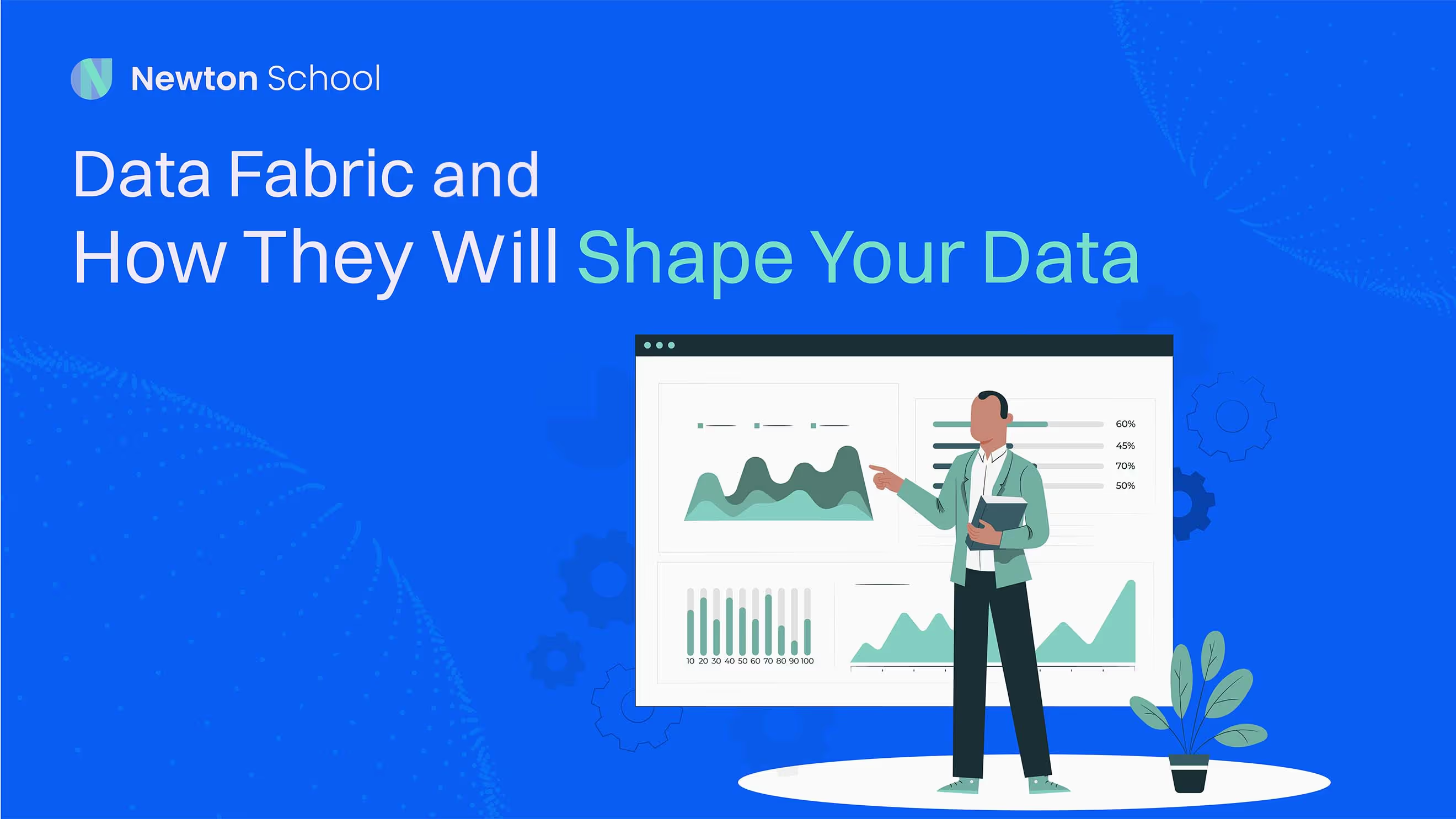
Data science is a dynamic and evolving space that is generating different types of job profiles in India as well as abroad. Key data science roles include data scientist, data analyst, data manager, machine learning engineer, and data architect. Due to the ongoing evolution in technologies and the introduction of innovative data science certifications, it is now easier for a graduate to build a data science portfolio.
Around 70% of the job profiles associated with the data science field accept candidates with less than five years of experience. Therefore, fresh graduates with some programming and data-related knowledge have a great chance of landing a data scientist role. Let's take a look at the top five data science roles in India that are ideal for building a rewarding career.
Top data science roles in India
Here are the top five data science roles at present:
1. Data analyst
Data analysts can study, manipulate, and transform large amounts of data. Their ability to draw insights from large data sets makes them an asset for companies that handle data-centric processes. Data analysis is perhaps one of the more common data science job roles. However, it requires candidates to possess a vast knowledge of monitoring web analytics and performing A/B testing (split testing).
It must be noted that fresh graduates with programming skills in software such as Oracle, Python and SQL are preferred for data analyst roles. Entry-level openings can entail salaries ranging from Rs.2,00,000 to Rs.9,20,000 a year. The average salary of a data analyst is usually around Rs.4,20,000 a year.
2. Data scientist
Data analysts are responsible for interpreting and drawing insights from the data available to them. In contrast, a data scientist's role is more technical, requiring candidates to organize and discover data patterns. The role of a data scientist is a crucial one for companies; they will require candidates with a strong programming background and sufficient experience.
The eligibility criteria include a minimum qualification of a master’s degree and a comprehensive background in computer science, mathematics, or IT, along with some experience in data science. The average salary of a data scientist in India is about Rs.7,00,000 a year.
3. Data architect
Data architects are responsible for creating new databases, improving data systems, and enhancing interconnectivity across an organization's data ecosystem. They make data easily accessible for data scientists and data analysts.
Data architecture is one of the highest-paying job roles in data science. Candidates with an educational background in computer engineering and sufficient exposure to statistical and mathematical concepts are considered to be eligible for this job role.
Companies also prefer to hire data architects who have completed data science certification courses in areas such as data management, the development of big data, and system analysis. The average yearly salary of data architects in India is estimated at Rs.19,50,000.
4. Business intelligence analyst
Nowadays, organizations are not just looking for candidates who can analyze, interpret, and manage data. They are looking for candidates who can draw useful conclusions from the available data and employ these conclusions in making business-related decisions. This is where the role of a business intelligence analyst comes into play.
Business intelligence analysts design strategic plans for companies by leveraging the data provided by data analysts. They develop business intelligence applications and tools, and help others understand these tools and applications. A business intelligence analyst must have a solid technical background and a vast knowledge of business management and operations concepts.
For example, candidates who have completed a master's degree in business administration and a specialization course in data analytics can be considered for the position of a business intelligence analyst. However, companies primarily seek candidates with experience in project management and business research. The average annual salary of a business intelligence analyst in India is approximately Rs.5,80,000.
5. Machine learning scientist
The role of a machine learning scientist is often confused with the role of a data scientist. While there are some similarities in their roles and responsibilities, machine learning scientists are more suitable for working with the research department of an organisation. Therefore, they usually occupy research engineer or research scientist positions in a company.
Candidates with an engineering degree and extensive research experience in industries qualify for the role of a machine learning scientist. The demand for these scientists is increasing in India, and there is still much scope for development in this field of science. On average, machine learning scientists earn around Rs.7,20,000 annually in India.
These are the top five data science roles in India. Along with building their educational background, students can focus on completing data science certification courses to build a strong portfolio in data science. Candidates can also pursue a master's degree in data science to gain deeper insights into data science concepts.
Another tip for students aspiring to make a career in data science would be to read books about programming and data science technologies; this will keep them updated on the latest developments in the industry. Finally, it is also possible to start a job as a data analyst and continue to complete data certification courses to level up and be promoted to the role of a data scientist or research engineer.
Candidates interested in pursuing data science roles in India can join Newton School's certification in Data Science and Artificial Intelligence to elevate their career. They can also utilize tech-based platforms that deliver data science certifications and training programmers, allow interactions with industry experts, build communities, offer live mentorship sessions, and many other benefits. Learning Python, MongoDB, HTML5, JS, and other programming languages will add more credibility to a student's data science portfolio. Data science is a growing sector, and it's here to stay.



